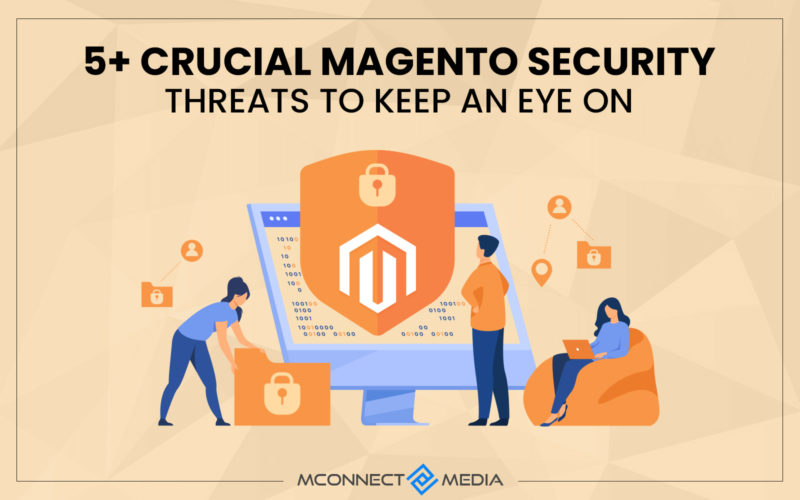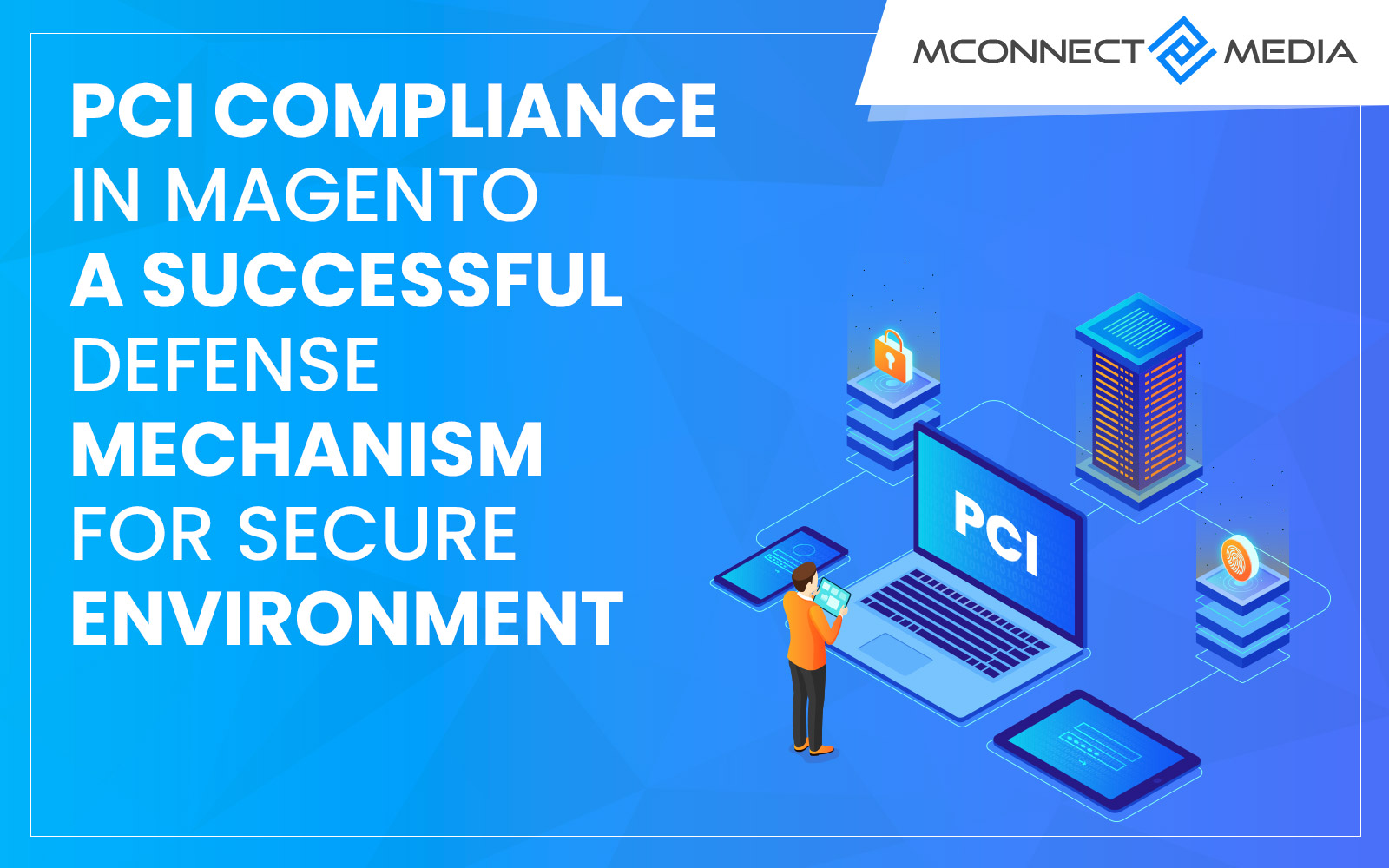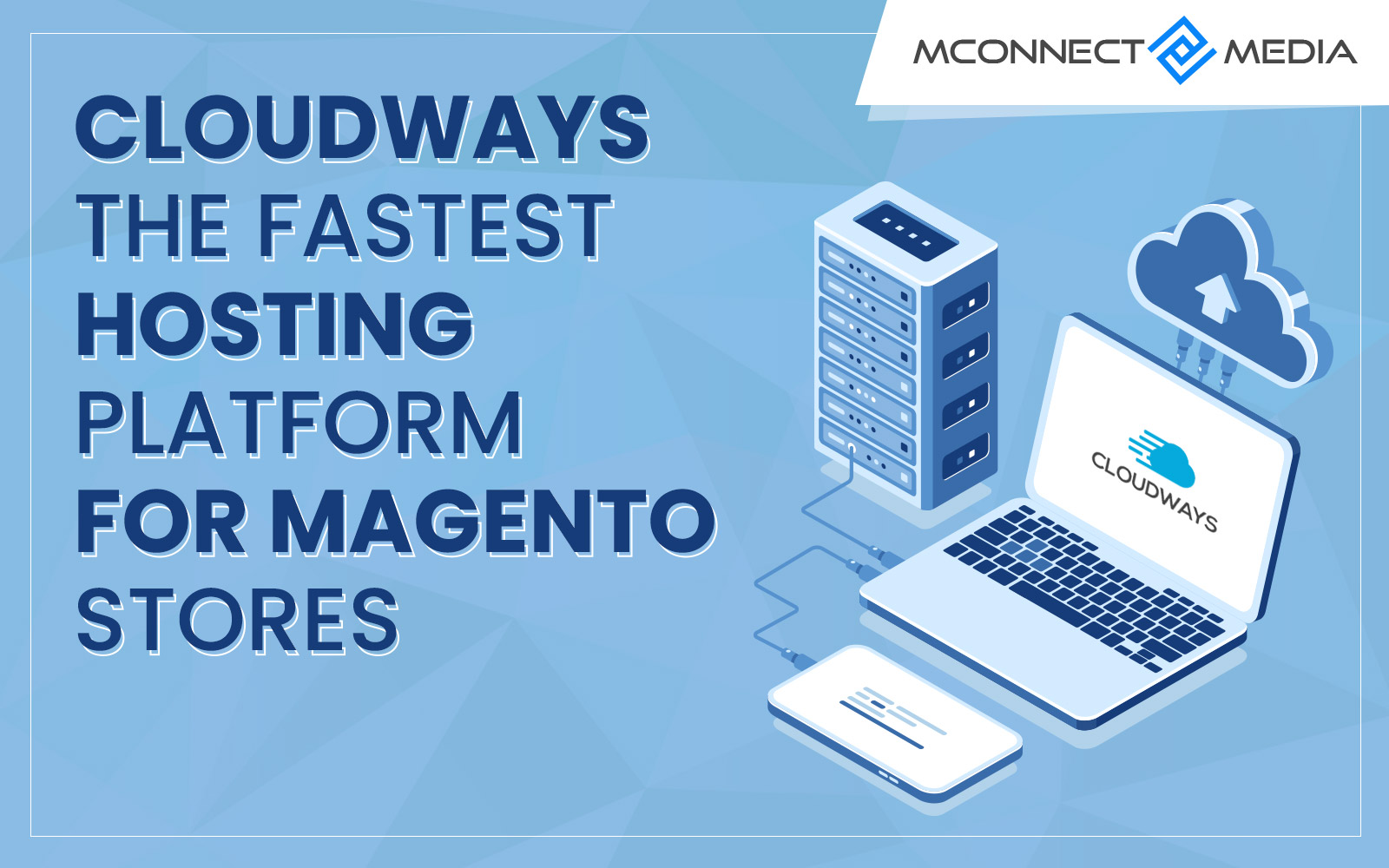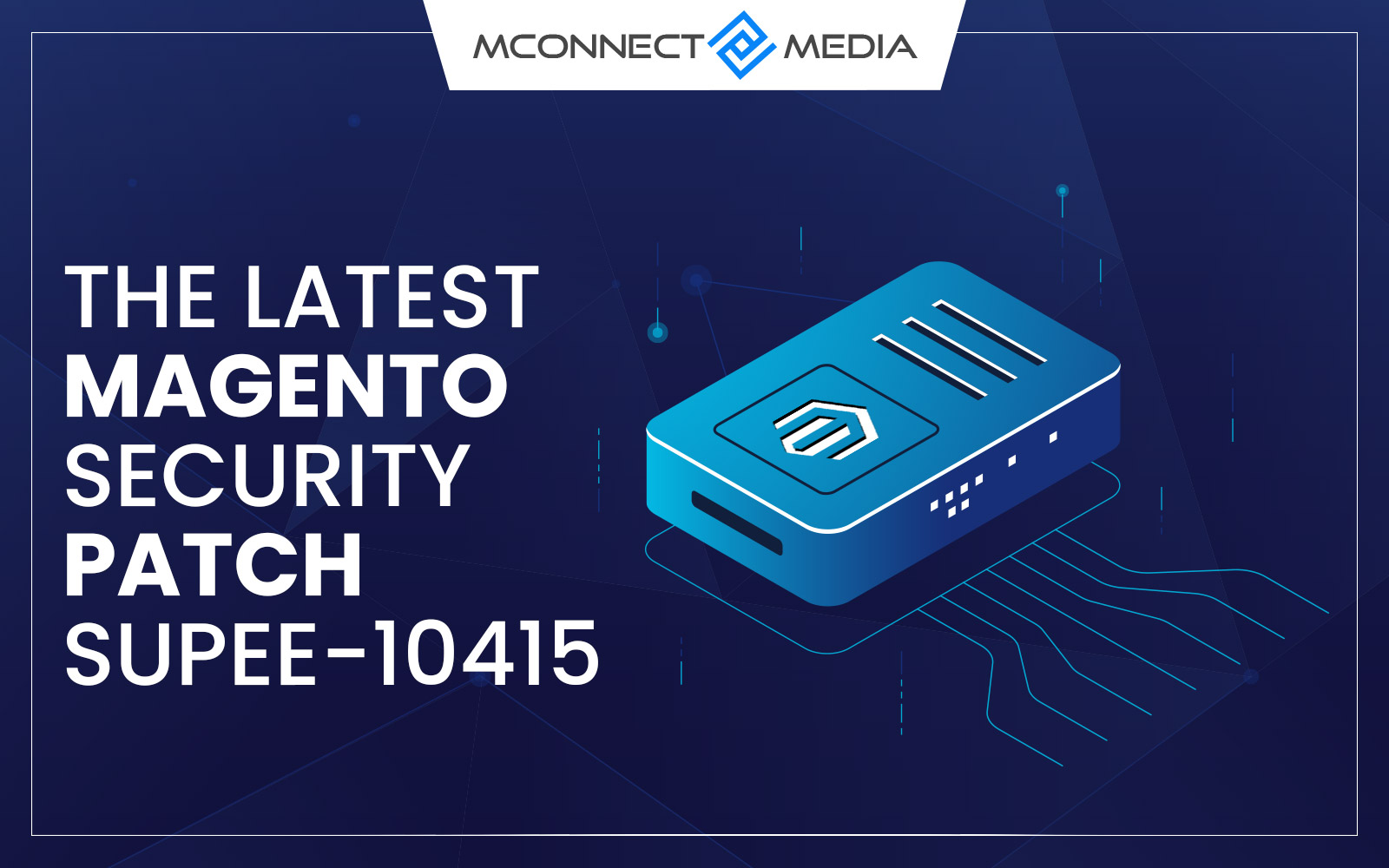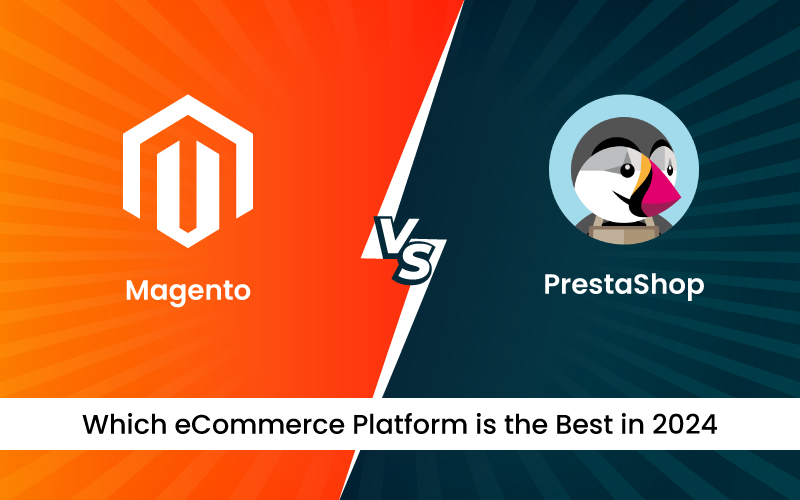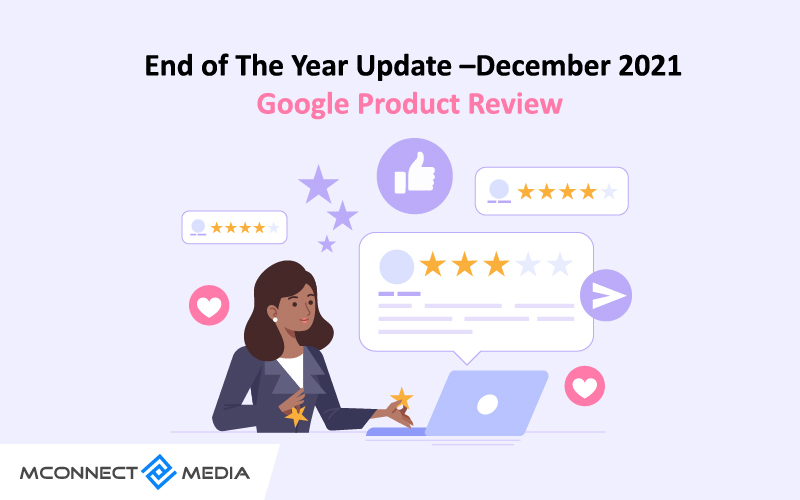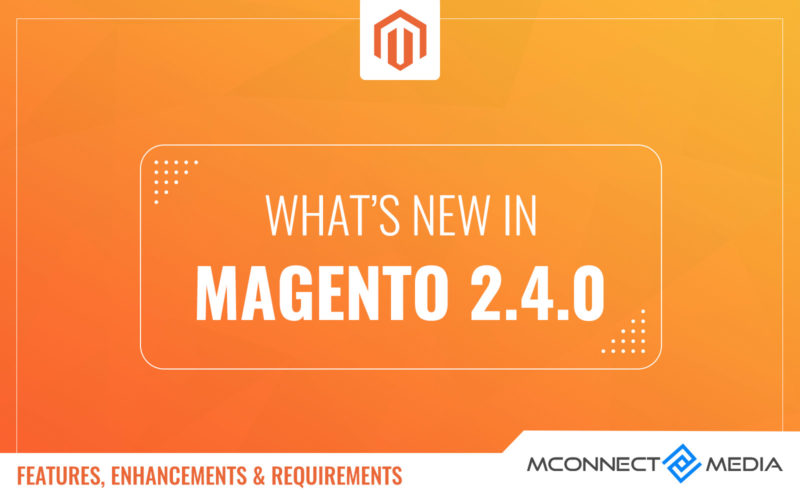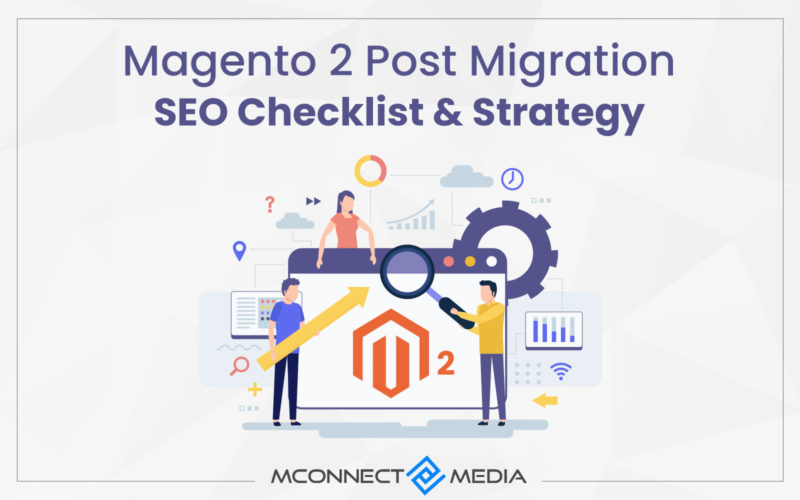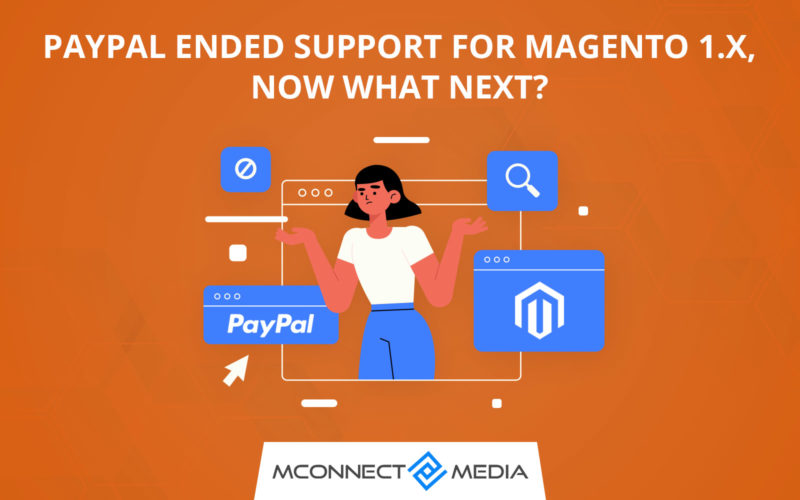Being on top comes with its risks and Magento is the perfect example of that. Magento is one of the highly anticipated and second most popular platforms to build eCommerce stores. And it is also among the top three platforms to experience cyberattacks.
Averagely, Magento eCommerce websites experience around 50/60 cyberattacks on a day-to-day basis. And all those attacks are targeted to extort sensitive data of users like personal or payment information. What’s interesting is we can categorize such cyberattacks based on how their operations are conducted.
Although hacking is something we can’t get rid of completely, Magento store owners, however, can prevent it by taking necessary security measures. Hence, they must keep an eye on the following 5+ crucial Magento security threats.
5+ Crucial Magento Security Threats to Keep an Eye On
This post perfectly arcs on Magento security threats to help you be aware of cyberattacks. The following are the most common type of Magento security threats Magento eCommerce stores experience regularly.
1. XSS Cyberattacks:
XSS means Cross-Site Scripting wherein the attackers inject malicious codes into your Magento website with embedded vulnerabilities. They are the most common type of attack holding 40% of the share out of all. It is simple to execute and can severely impact the systems of visitors. With XSS, attackers can take over the session of your visitors and steal their personal as well as payment data.
Follow the below step to prevent such attacks.
- Input validation: Make it a norm to check & validate every input to ensure that attackers don’t insert any harmful codes that contain special tags or escape characters. So, even if anyone tries to do that, your website will block it.
- Input Data Cleaning: Here, you can manually remove all input data & unwanted characters/tags, and if you find one, make sure your system replaces it with an acceptable character/tag.
2. Remote Code Execution Attacks:
After XSS attacks, code executions are the next most common attacks on Magento store with a 24% share said CVE Details. Through this attack, anyone can execute remote arbitrary codes on a Magento server. Here, what attackers do is smartly create & execute “.CSV” files into the server that not only affect your Magento website but also affects other server applications.
Adobe – the owner of Magento – has made a norm to release security upgrades & patches every quarter that addresses this vulnerability. So, to prevent such attacks, store owners must install and upgrade Magento stores to the latest stable version. In addition to that, you can change the configuration of the server and add blockers to prevent such threats.
3. CSRF Attacks:
Cross-Site Request Forgery (CSRF) attacks are the next most common attacks on Magento stores. Here, what hackers do is trick store admins into executing codes that are harmful and can make your website vulnerable. Typically, hackers enter your website and take over it completely leveraging cookies and POST & GET statements.
Missing CSRF token on either of the POST and GET requests, makes it an easy task for hackers to bypass security protocols by sending requests and exploit them. To prevent it from happening, you must set up a synchronizer token. To enable it go to, Security>Advanced>Admin. Now find an option that says ‘Add a secret key to URLs’ and click yes to enable.
Enabling this option will verify all requests based on the secret key attached to it for every session. Also, you can enable cookie-to-header token to check & detect cookies in every session if it is from a malicious website.
4. SQL Injection:
In SQL injection, attackers try to inject malicious codes through input fields, warning messages, or any other place to make your website vulnerable. These harmful codes help attackers get access and alter the database of your Magento store. Also, attackers can get permission to access the administrative files. Moreover, they can bypass the login system and gain access to your website using tautology even without having valid credentials.
To prevent such SQL injection from happening, store admin must find and remove any existing vulnerability. Remove suspicious users with names like “sqlmap.” This indicates that an automated tool was used for malicious code injection. Use codes that treat credentials differently and not as a statement to protect the input field. Also, use a firewall to protect your website from such multiple attacks.
5. Brute Force Attacks:
Brute force attacks are also the common hacking attacks to take over the website. Here, attackers use automated tools to guess the credentials to access the backend of Magento. These tools are programmed to use trial and error for generating combinations of username & password. To make it quick, those tools may use dictionaries of common passwords to get easy access to your website.
To prevent your store from brute force attacks, you must replace default passwords and user names that are easy to crack. Create strong passwords using alphanumeric characters or phrases because long & complex passwords are hard to crack. One more way to save your store is to keep changing passwords periodically. The best out of all is to use CAPTCHA or ReCAPTCHA to limit bots and other programs from accessing your Magento store.
6. Silent Card Capture:
As per the name, attackers here try to steal the information of payment cards being covertly used on your website. What attackers here do is change the payment addresses by installing malware so that payment detail will be recorded on the attacker’s server. This kind of attack is hard to detect and can go undetected for a long time.
By the time it can be discovered, the attackers may have already caused considerable damage to your brand image and website. To detect and prevent such attacks, you may need to use a malware detector tool that helps you to remove those malware. Also, you can remove the injected copy of your website and replace it with a clean back-up copy.
Wrap Up
In a nutshell, these are the 5+ crucial Magento security threats you must keep an eye on. Once your website’s security is breached, it will negatively impact your brand. Moreover, it’ll take away the trustworthiness of your brand and reduce visitor traffic. Thus, detecting and removing such attacks early on becomes necessary for you.
Need help with your Magento store development? Mconnect Media is here to help. We have a team of 50+ experts ready to serve you. Contact us now to get gilt-edged solutions for your bespoke needs.

